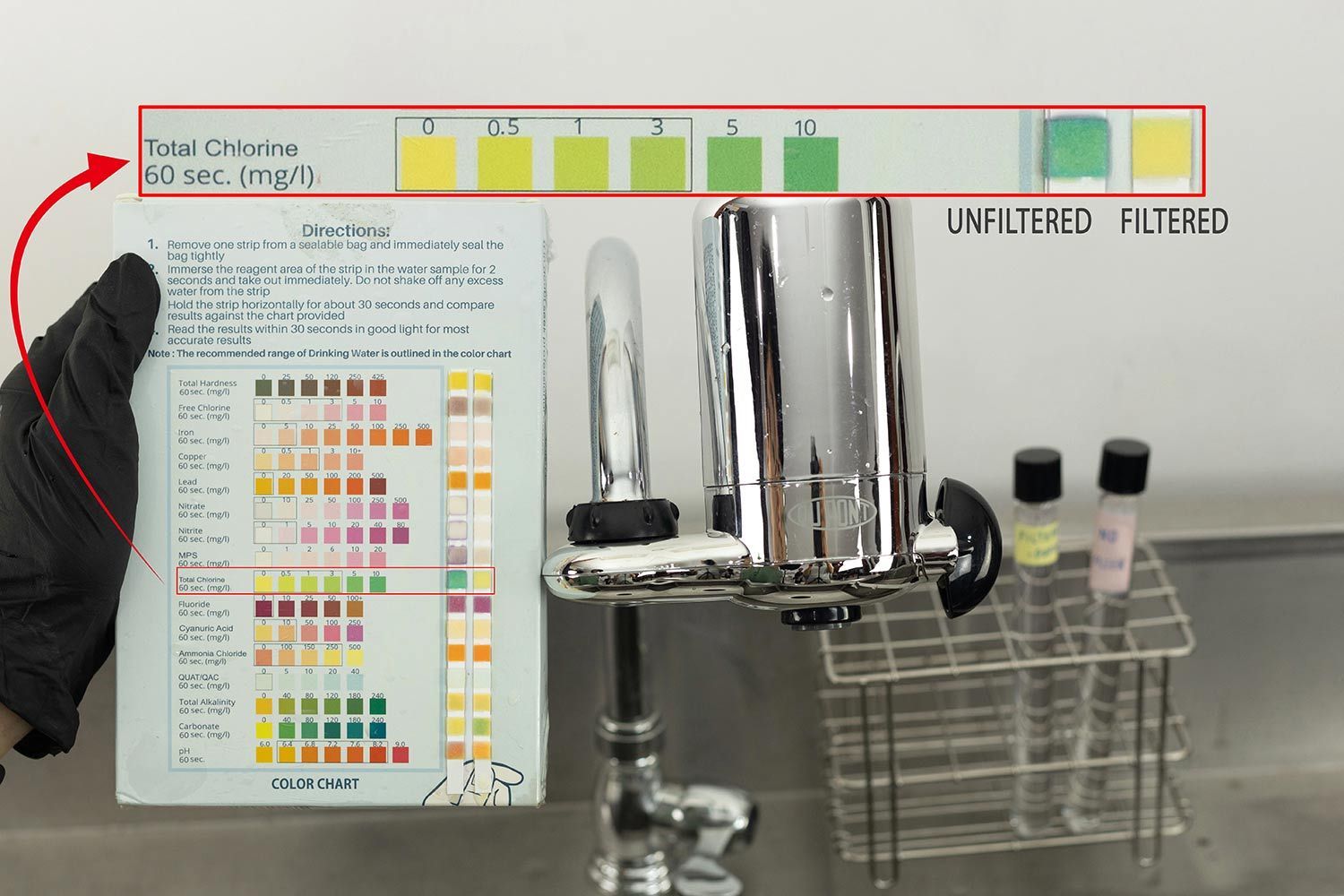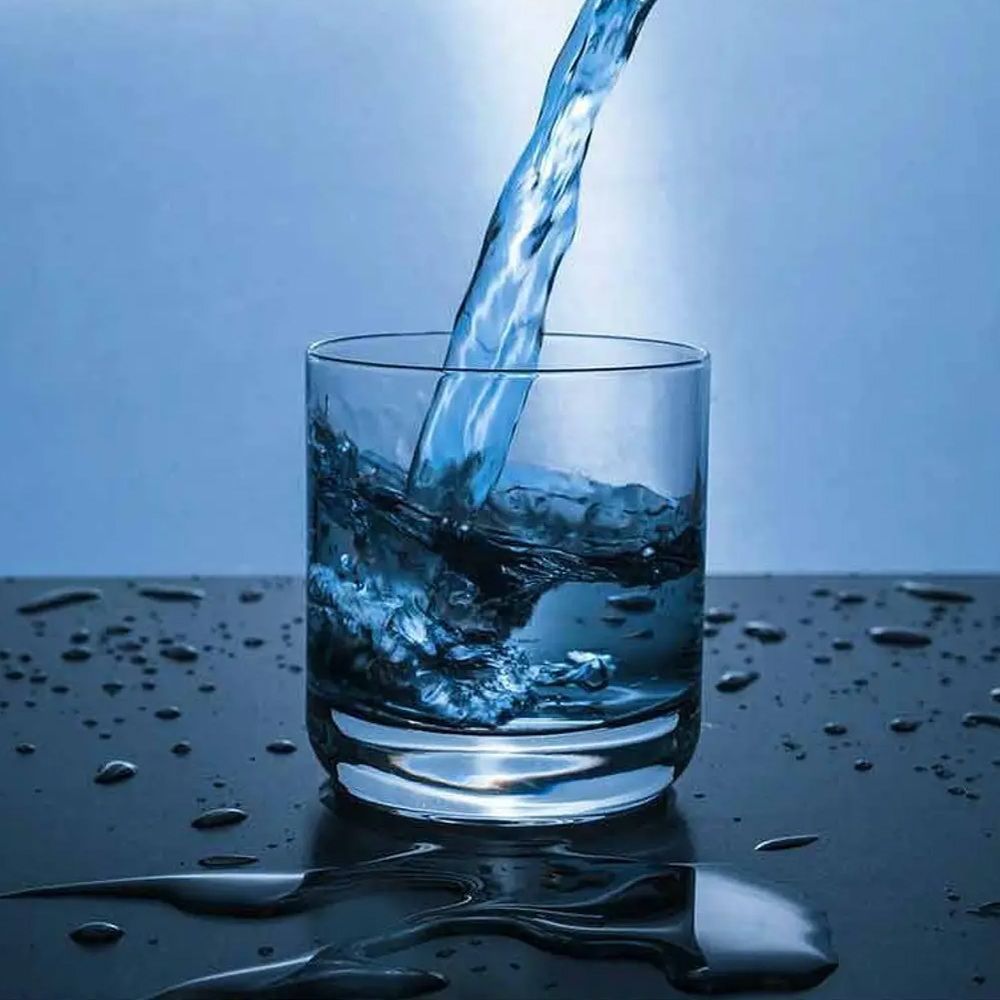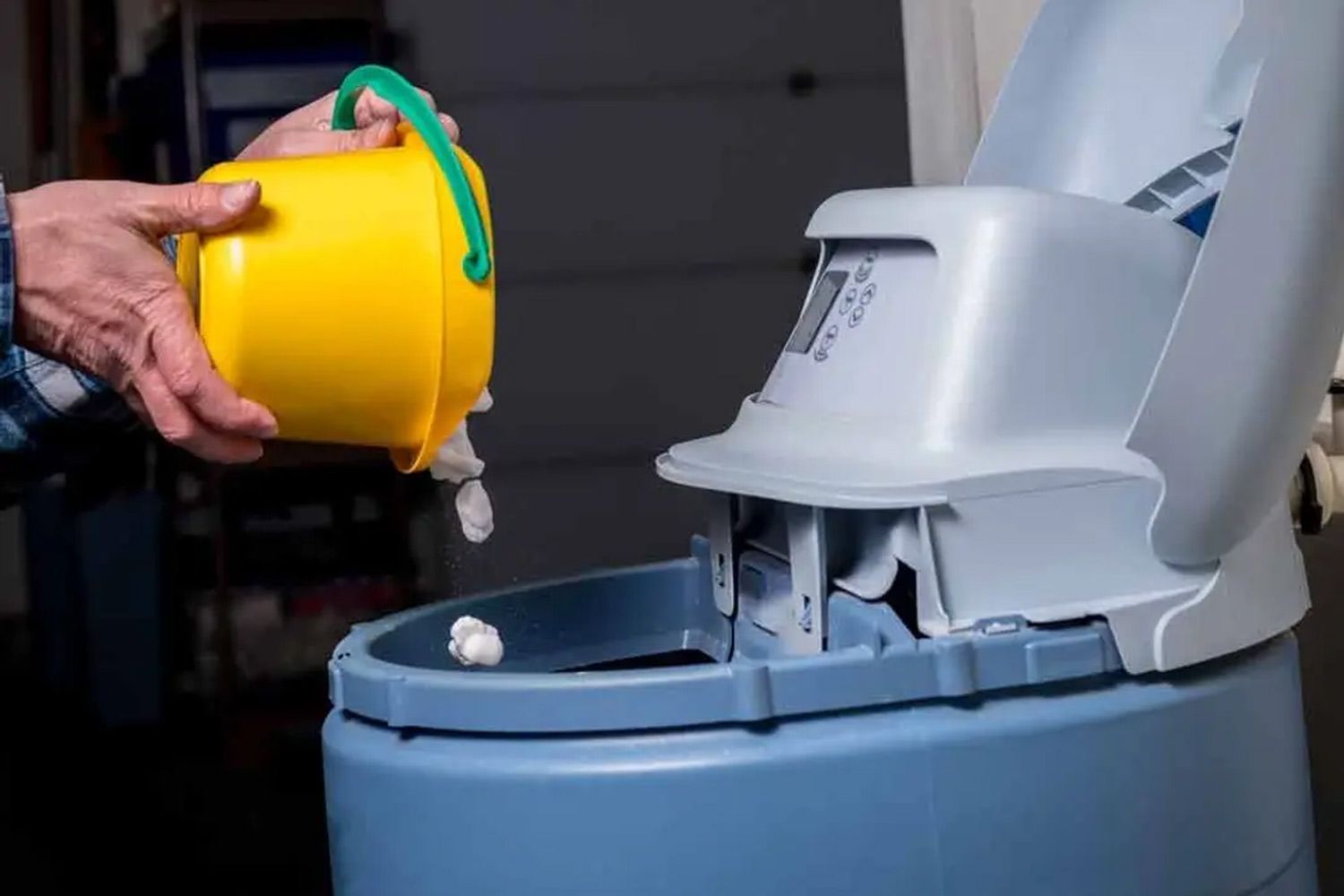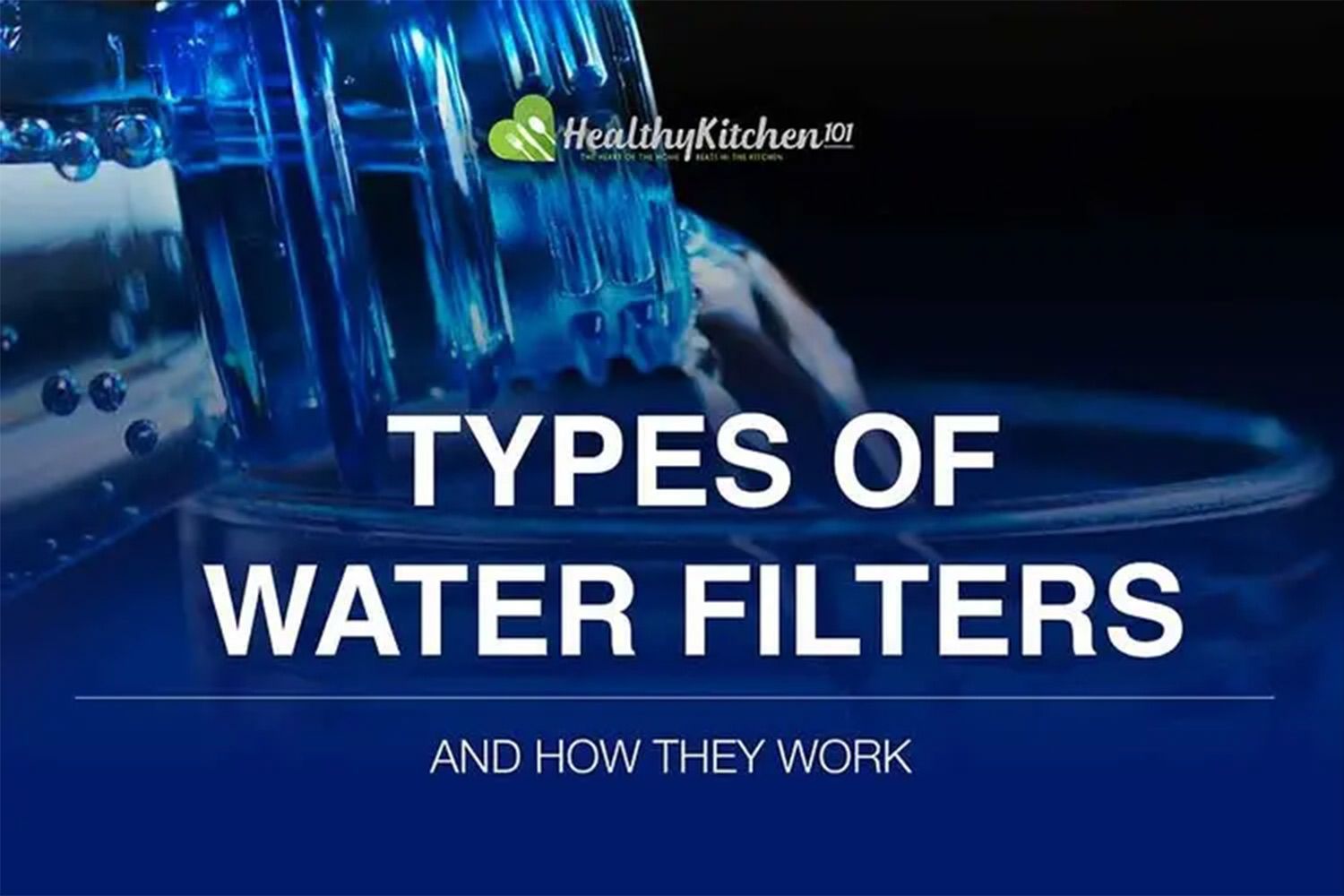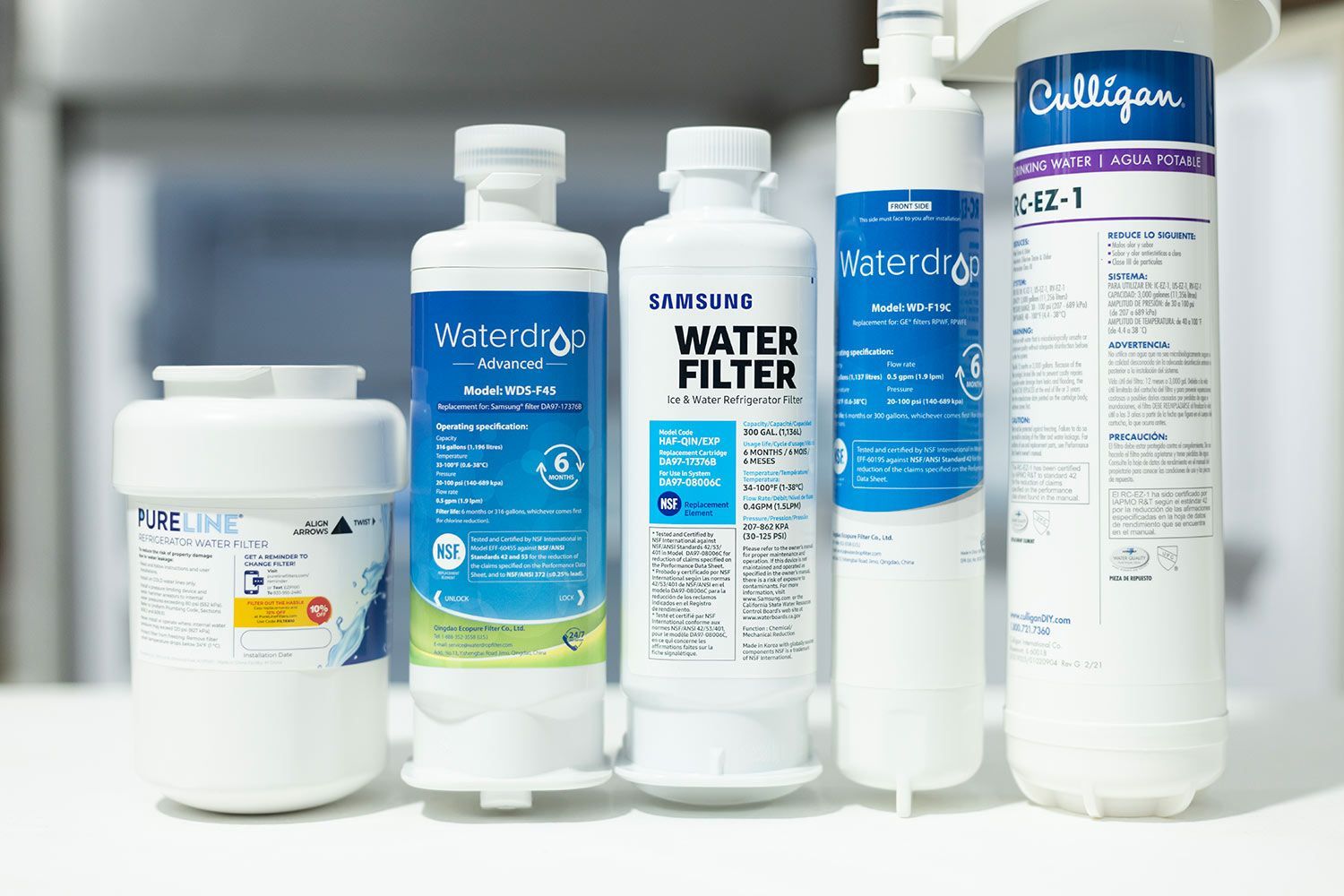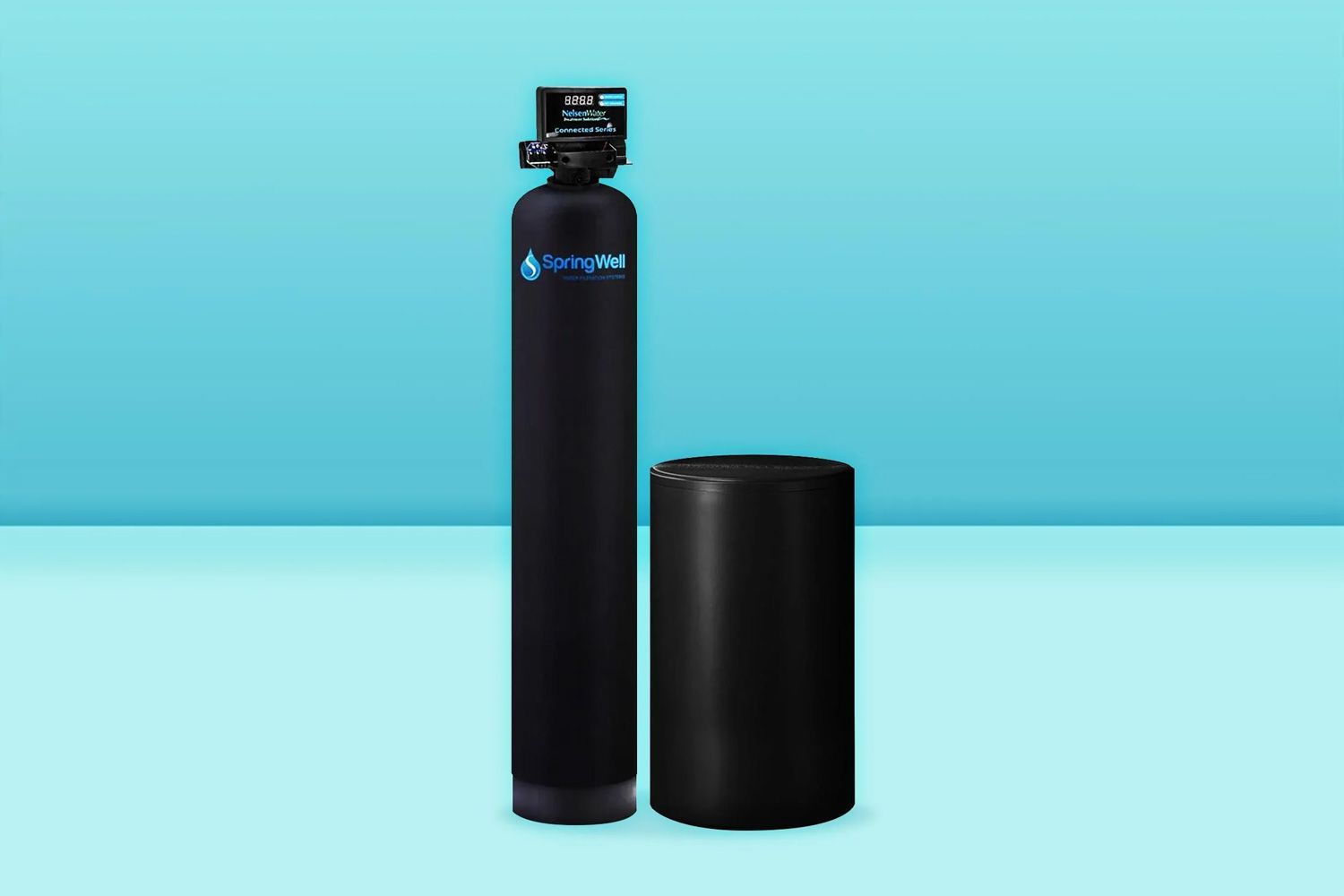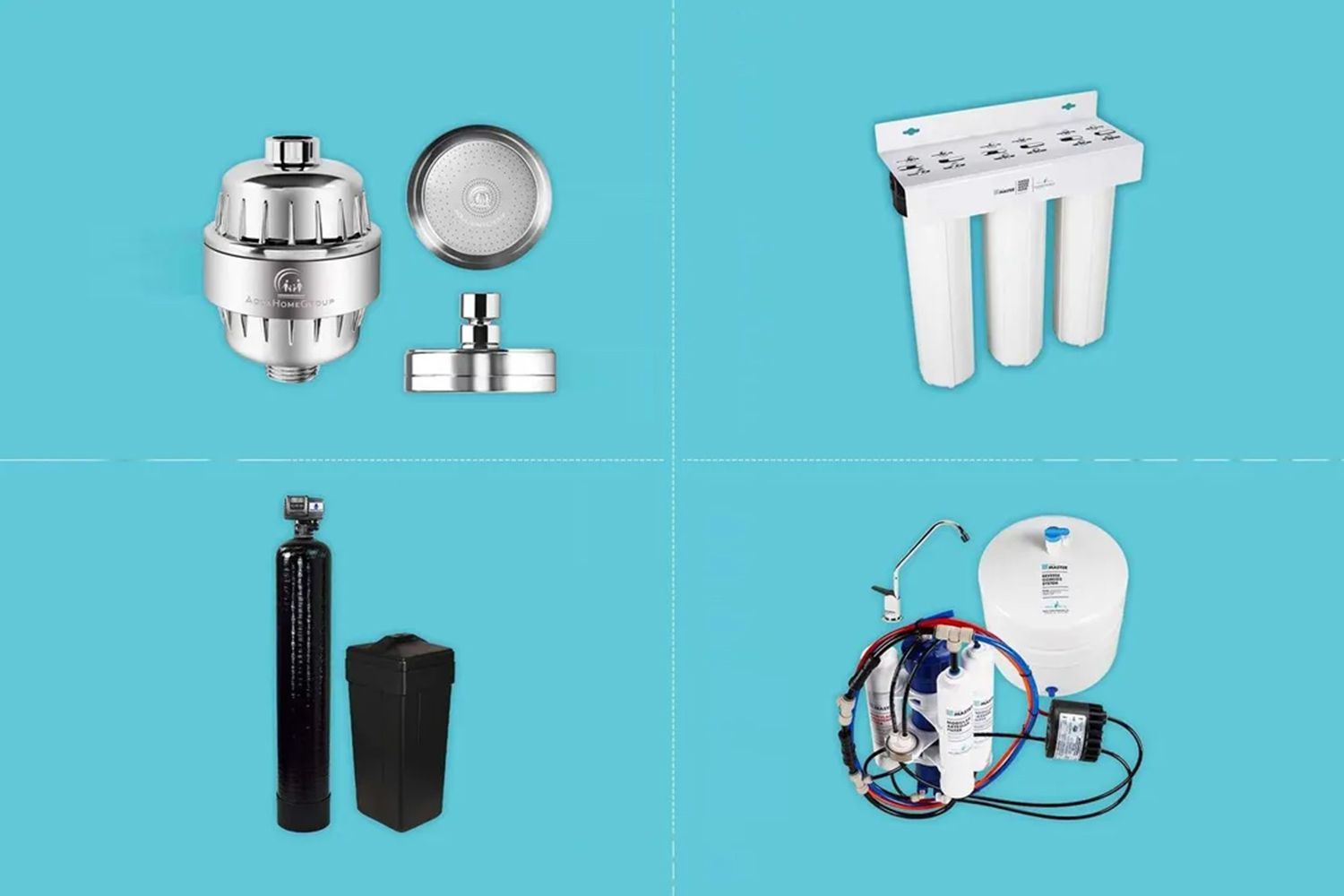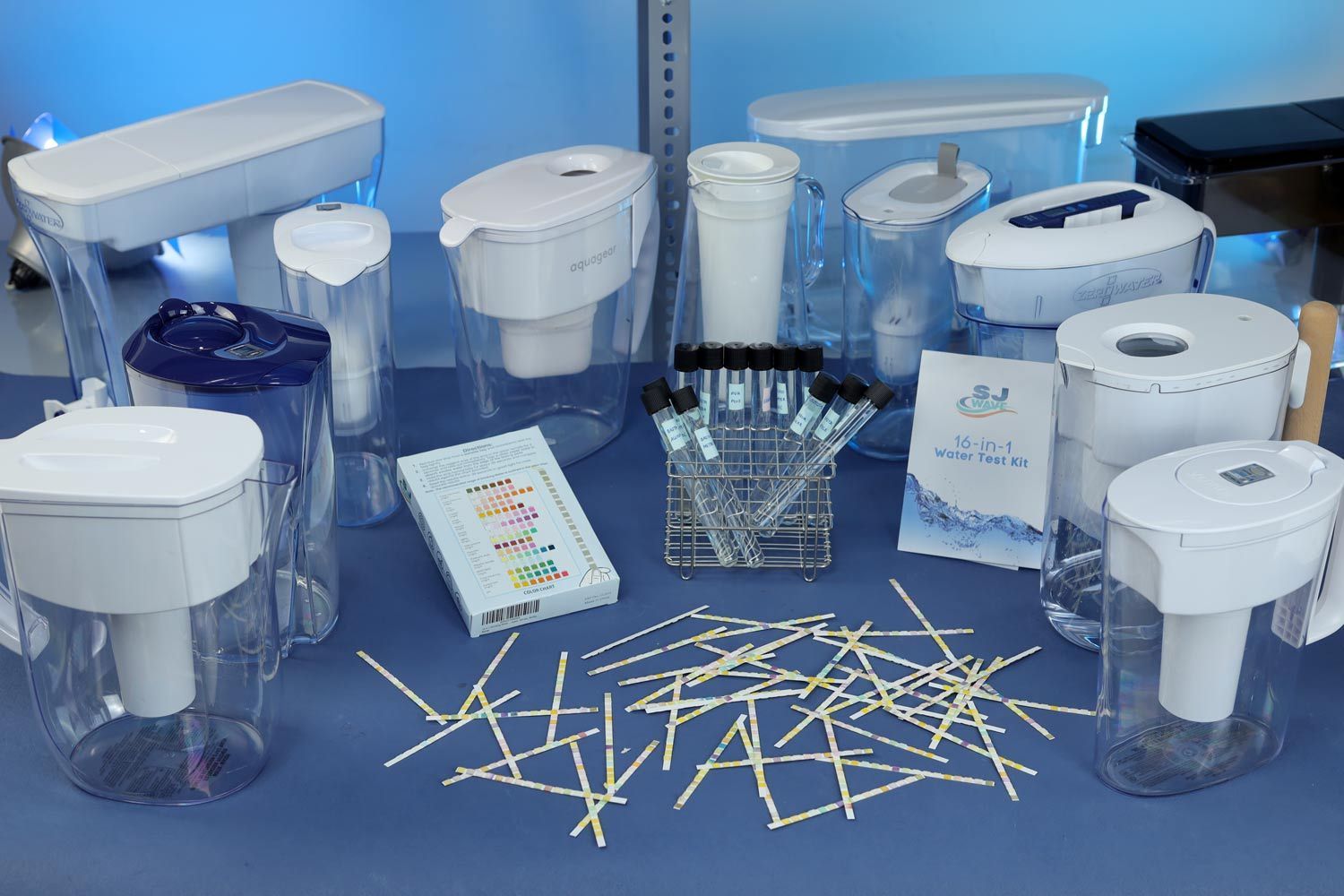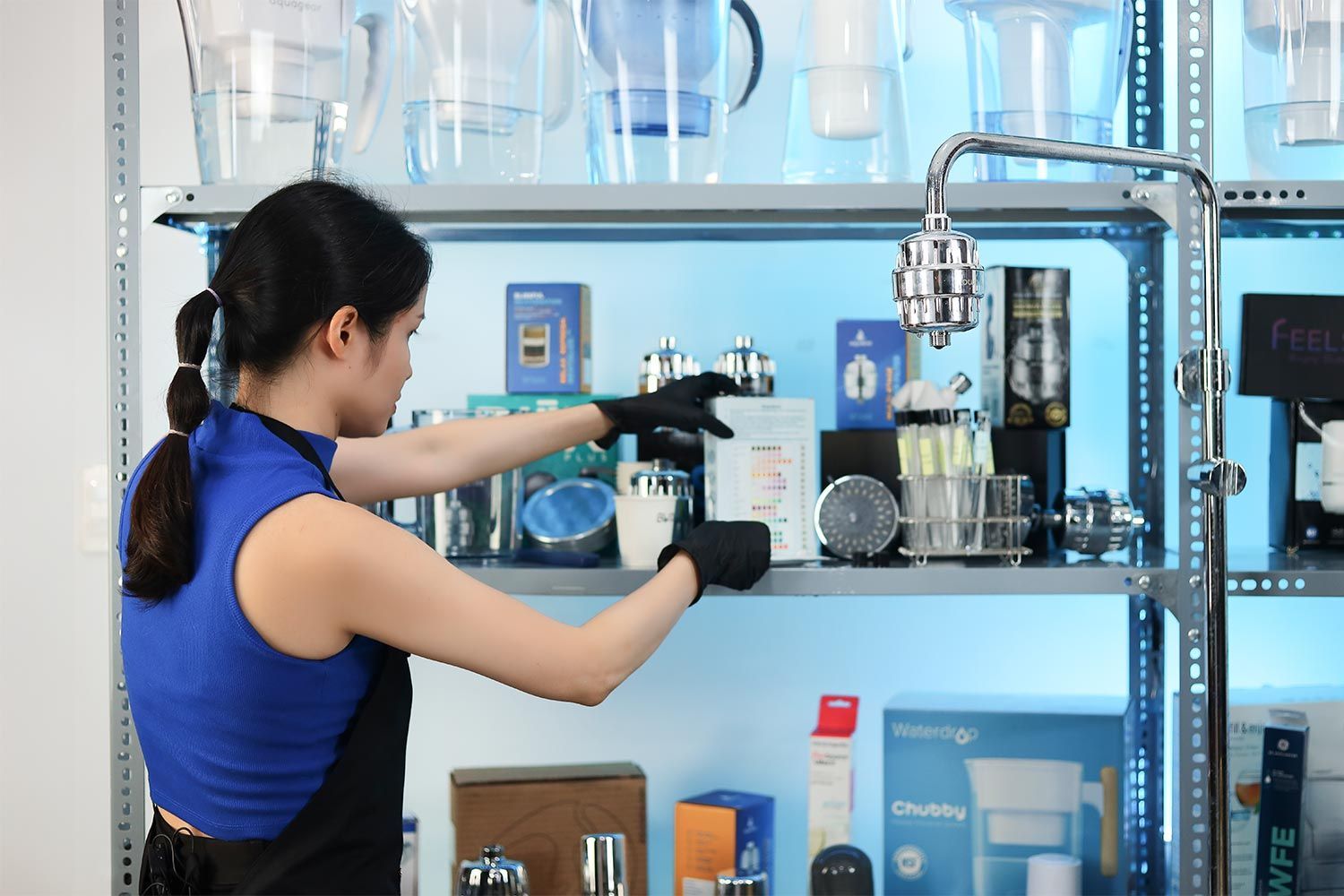Our recommendations are made independently. We may receive commissions from purchases made via our links.
What Chemicals and Impurities Can Faucet Water Filters Deal With?
Though the filter cartridges are small, they can filter out many dangerous chemicals and even bacteria from your tap water.
Chlorine
If tap water comes from a public water treatment plant, it has most likely been sanitized using chlorine. The amount of chlorine in the water is safe for consumption, so it’s not a health risk. However, it does give the water a particular taste and odor.
Every faucet water filter on the market can remove chlorine and return a more natural, crisp taste to your tap water.
Lead
Millions of people across the US receive lead-contaminated water from old water service lines made from—you guessed it—lead. The government has been trying to replace these old lines with copper pipes for years, but many customers—especially those in rural areas—are still being served by lead pipes.
Drinking lead-contaminated water puts young children at risk of developing neurological conditions. In adults, lead exposure can result in cardiovascular issues like hypertension and reproductive problems in both men and women.
Other than petitioning your local water treatment plant to replace the old pipes, a simple and immediate remedy is to use a faucet water filter. Many faucet filters on the market take lead out of the water, making it safer to drink.
Heavy Metals
Besides lead (which is also considered a type of heavy metal), some water sources are also contaminated by manganese, cadmium, arsenic, copper, and iron.
The World Health Organization (WHO) says these elements can negatively affect human health. Many faucet filters can remove up to 99.9% of these metals from tap water.
Bacteria and Viruses
Bacteria and viruses like E.coli, Salmonella, Norovirus, and Adenovirus can contaminate tap water. They can cause severe illnesses and, in certain cases, can even be lethal.
Certain faucet water filters are rated to deal with these biological threats. Check the filter's product description and lab testing results before you buy to make sure it can combat bacteria and viruses.
